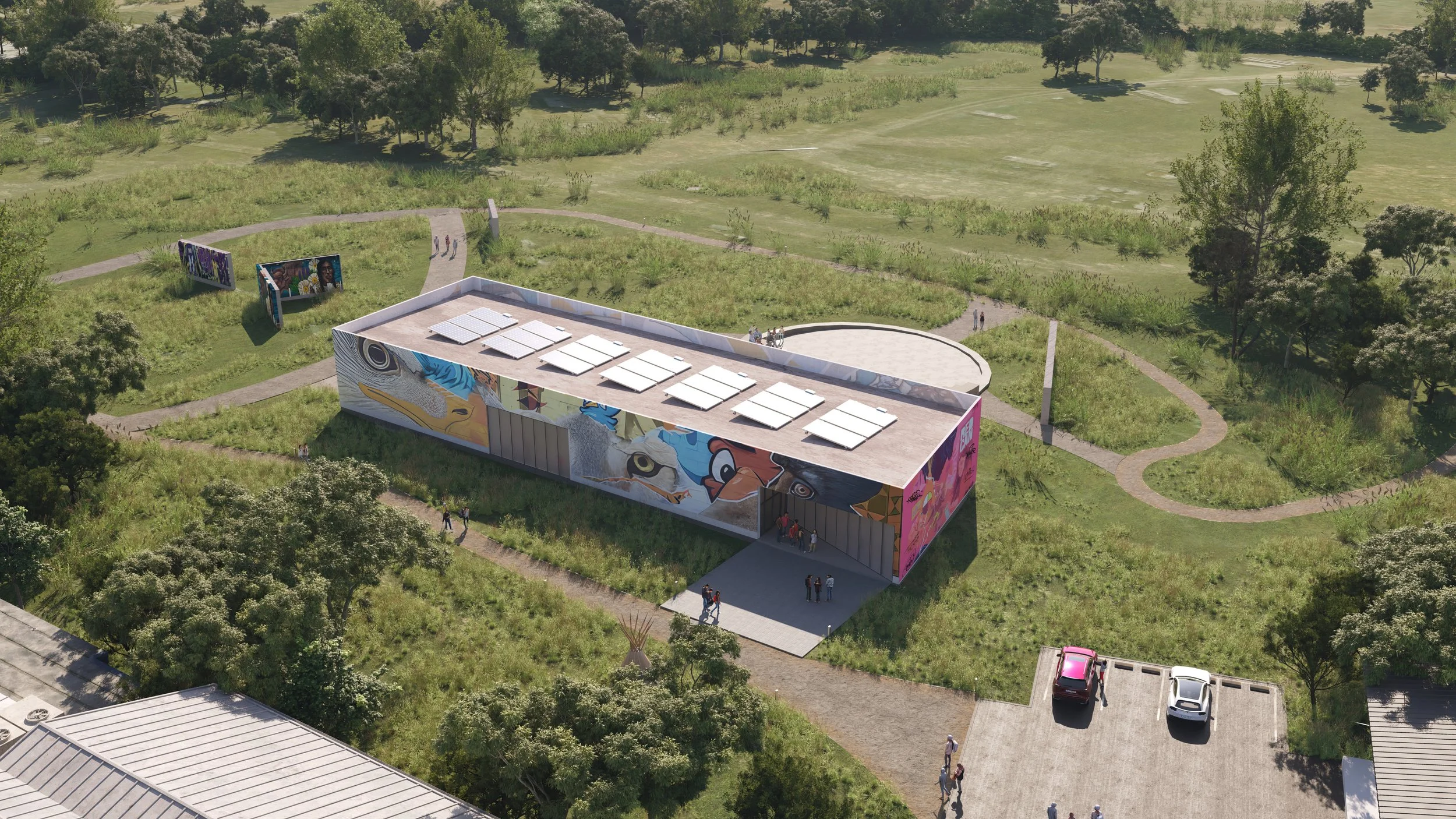Impact Spotlight
Solar canoe and charging station serving 228 residents
Training 10 Indigenous youth in solar cane assembly, batteries, and maintenance
Supporting cross-border knowledge exchange between Ecuadorian and Peruvian Indigenous communities
About
Sabaloyacu is a Quechua community located deep in the Amazon on the Rio Pastaza, hours by canoe from the nearest commercial center. Like many riverine Indigenous communities, Sabaloyacu faces high fuel costs, unreliable access to electricity, and limited mobility. With the support of Indigenous partners in Ecuador, E-Tech is enabling a cross-border knowledge exchange to introduce solar-powered mobility as an alternative to gasoline-powered canoes and diesel generators.
For nearly a decade, E-Tech International has provided trusted technical expertise to Indigenous federations in Peru’s oil-impacted watersheds. Their work has helped secure historic concessions from the government to clean up decades of crude oil contamination, train hundreds of environmental monitors, and promote self-determined pathways to sustainability. Now, in partnership with the SCAD (Solar Canoes Against Deforestation) consortium, E-Tech is expanding their work from land to water—piloting a solar canoe and charging station in the remote community of Sabaloyacu.
“This solar canoe project from E-Tech is very important to us as Indigenous peoples, because it will help us move away from fossil fuel dependence and improve our quality of life…We trust that this technology will mark a real shift toward a more sustainable future for our communities.”
HF Partnership
With support from the Honnold Foundation, E-Tech will install a solar-powered canoe and community charging station in Sabaloyacu, a remote Indigenous community in the Peruvian Amazon. The system includes 8.1 kW of solar and 19.2 kWh of battery capacity, enabling clean transportation, territorial monitoring, and everyday access to education, health services, and communications. The project includes hands-on training for 10 Indigenous youth, a community-led management plan, and cross-border collaboration with Indigenous partners in Ecuador. Together, the project will serve as a replicable model for clean energy mobility across the region’s interconnected river systems.
Resources
In the News











